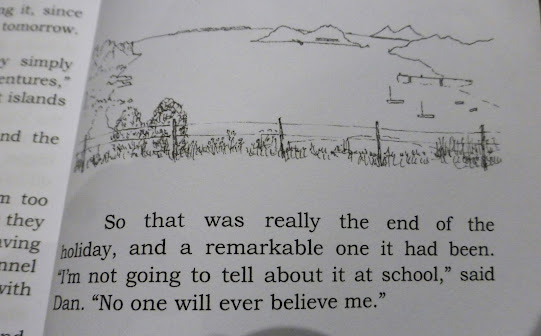Many years ago I used to write plays with songs for our younger pupils at school , P7, S1, S2 in Scotland, 7,8,9 in England. The one called "A Near Myth" told the story of Proteus, Melampus and the women of Tyrins. I am quite pleased with this song, where Dionysus is sent from Olympus to drive the women of Tyrins mad. Tune: "Magnetic Rag" by Scott Joplin.
Dionysus and the Women of Tyrins
DIONYSUS: Call me Dionysus; I’m full of nice
surprises.
Drinks for every day,
drinks for work or play.
Blow away your troubles
with effervescent bubbles.
Just one more glass or
two cannot hurt you.
WOMEN Dionysus,
we love you so (Repeat)
DIONYSUS Doctor
Dionysus; my medicine is the nicest.
(I
won’t tell them yet there’s a side effect.)
There’s
no need to worry; don’t be in any hurry.
Don’t
even stop to think; just have a drink.
WOMEN Dionysus,
we love you so. (They drink)
DIONYSUS That is enough. Now you’ve had your fun.
I’ve got you
trapped. Now my task is done.
Time to pay
the price of your drinking bout.
Alcohol is poison,
you’ve just found out.
My medicine
now will your brains devour.
I am a god.
Now you feel my power.
Think of every
nightmare you’ve ever had.
There’s no
escape; you’re going mad.
WOMEN That
is enough. Now we’ve had our fun.
He’s
got us trapped. Now his task is done.
Time
to pay the price of our drinking bout.
Alcohol
is poison, we’ve just found out.
His
medicine now will our brains devour.
He
is a god. Now we feel his power.
Think
of every nightmare we’ve ever had.
There’s
no escape; we’re going mad. (Exit WOMEN)
DIONYSUS I
am Dionysus. I think this joke is priceless.
I
just love to see mortals on a spree.
Don’t
be sympathetic; they’re really just pathetic.
When
Dionysus calls, who can resist?
Dionysus
knows the way.
Dionysus
calls the play.
Dionysus
night or day.
Dionysus
rules, OK!






.JPG)
.JPG)
.JPG)
.JPG)
.JPG)
.JPG)
.JPG)
.JPG)
.JPG)
.JPG)
.JPG)
.JPG)
.JPG)
.JPG)

.JPG)


.JPG)
.JPG)
